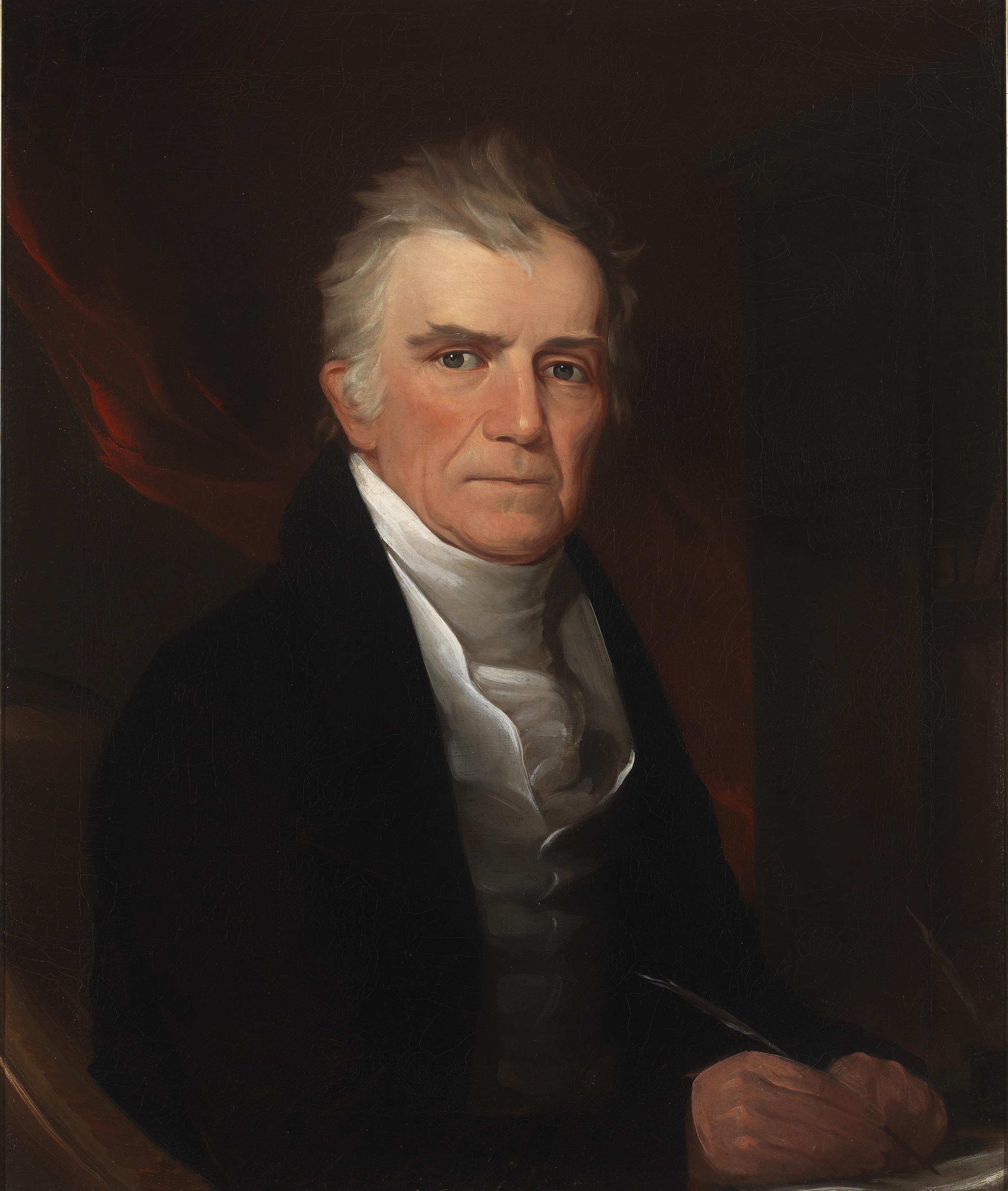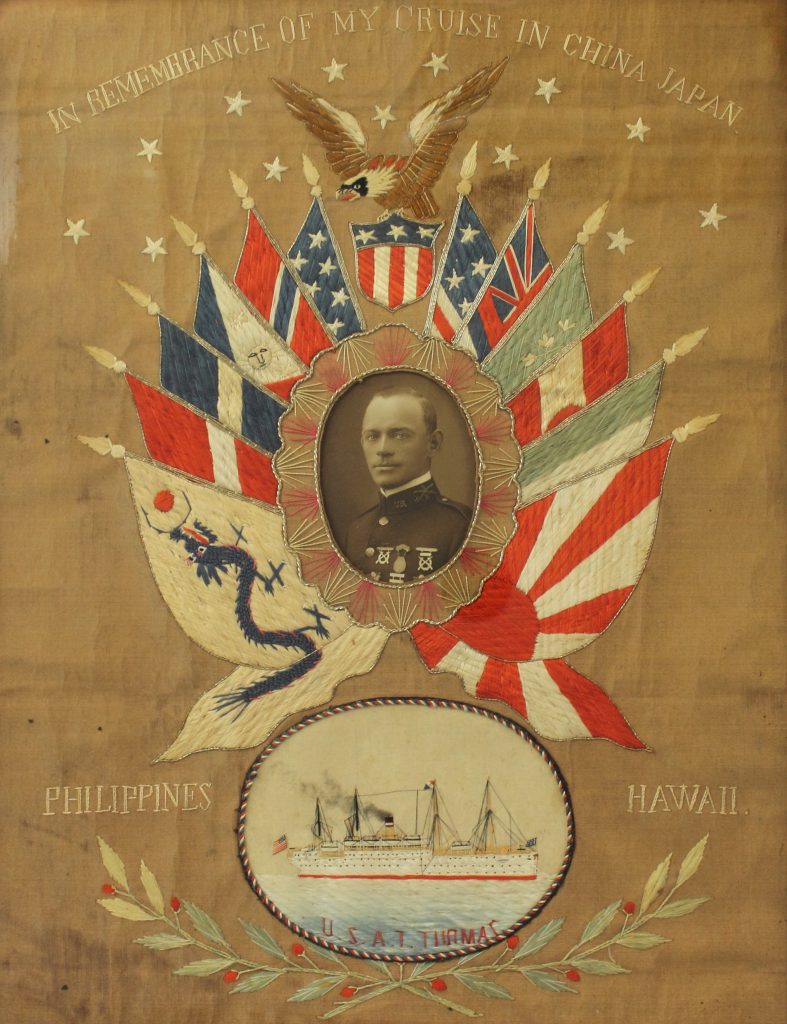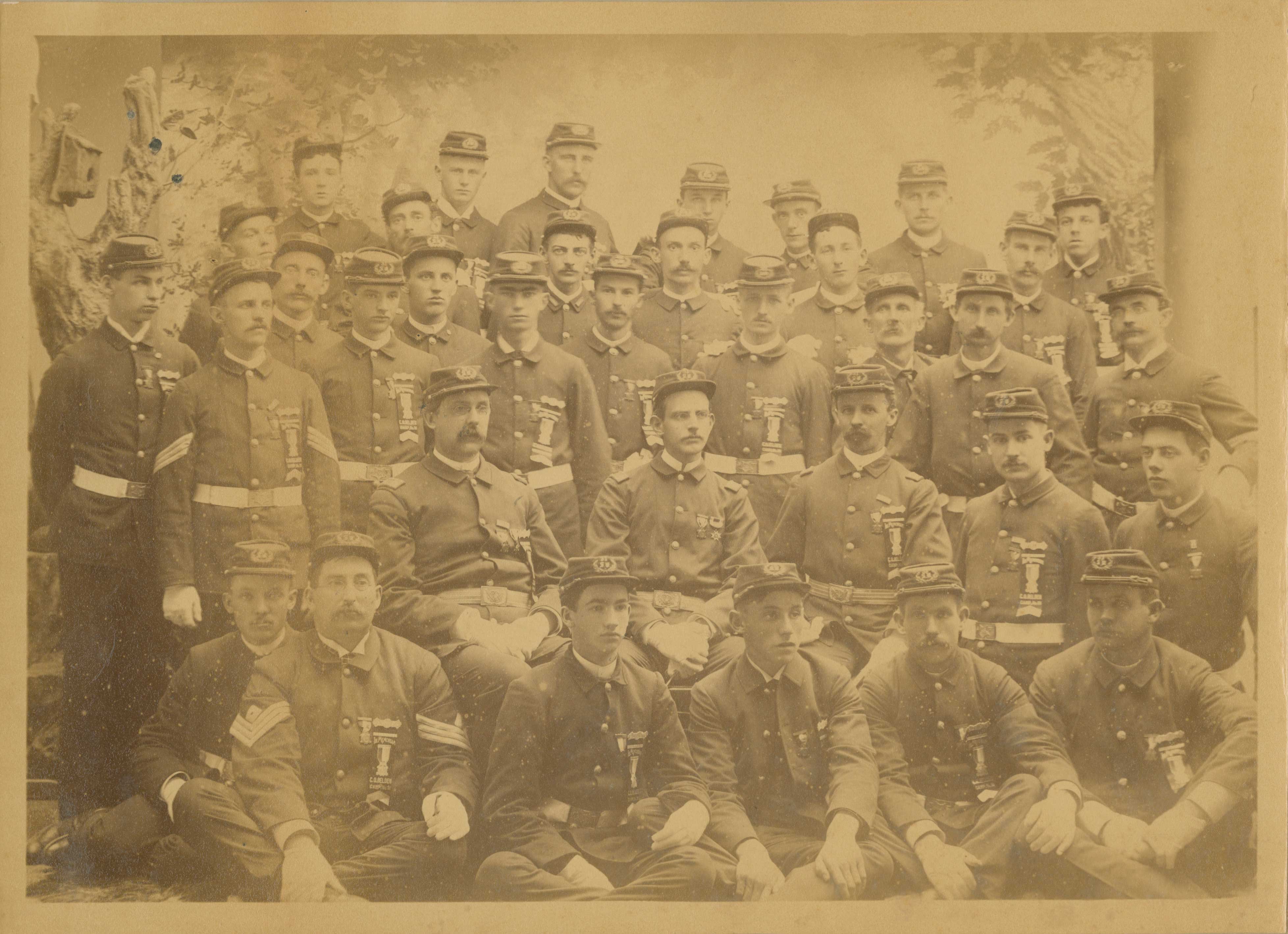The Helga J. Ingraham Memorial Library at the Litchfield Historical Society has recently purchased three new letters pertaining to the Litchfield Law School and its students. Two of the letters are likely relatable to many of today’s parents as they discuss the expense of educating children.
The first letter, written in 1815 by Putnam Catlin, father of Litchfield Law School student George Catlin (who later left the law to paint) was addressed to his friend Steuben Butler and detailed the financial difficulty in providing for his children’s education:
I am obliged to consider myself as a mere farmer, republican farmer, Beechwood farmer, without a hired man in this hurrying season of the year. How then am I to spare George and James? I admit that your reasoning is just in regard to George but I know not how to spare him at this time. I shall not be able to give him a public education. If he shall persist in the choice of law he will have to glean for himself an education in some law office, perhaps. I may indulge him a year at Litchfield, in the meantime, I will do better for him if it be in my power. Should my ‘ship arrive from England’ or should I make sale of some land I can spare he may be more favored.
Putnam Catlin to Steuben Butler, May 3, 1815

![1847 Litchfield CT stampless folded letter red CDS and 5 rate [H.3508] - Picture 1 of 3](https://i.ebayimg.com/images/g/DHIAAOSwSGJk7~gL/s-l1600.jpg)



